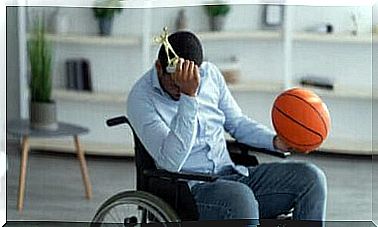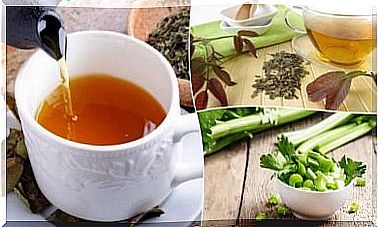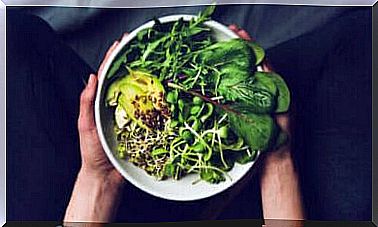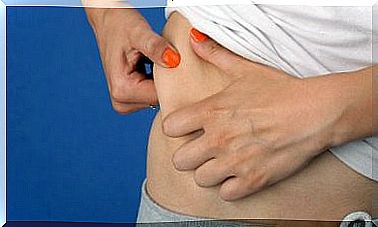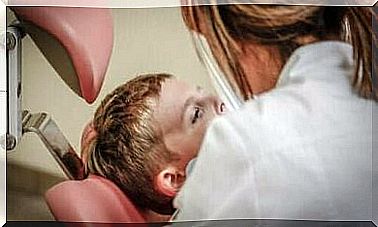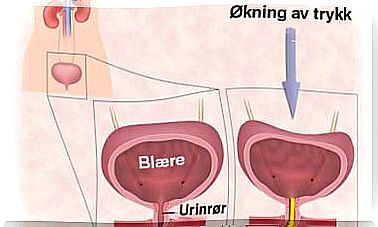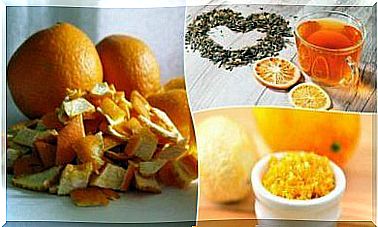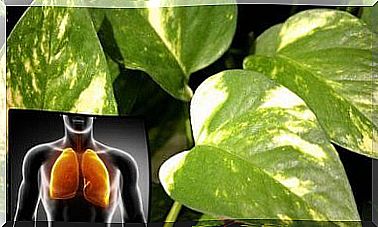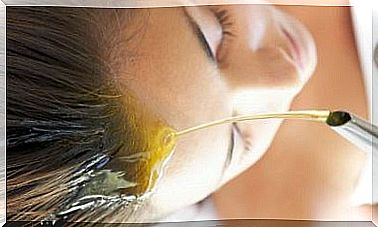What Causes Kidney Stones? Causes And Treatments
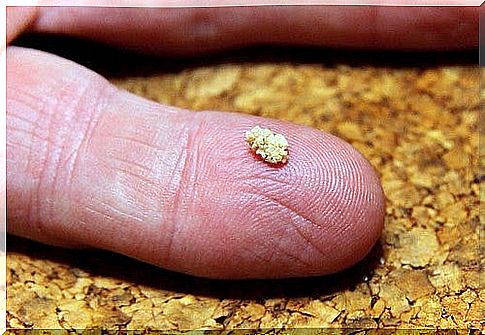
Renal calculi, kidney stones or Nephrolithiasis are a hard mass formed of crystals found in the urine. Natural and chemical substances already present in the urine can prevent the occurrence of kidney stones.
Regardless, this is a condition that can always occur. This is why you should be aware of the symptoms, effects, causes and possible treatment. If the kidney stones are not treated in time, they can cause permanent damage. There are different types of kidney stones. Therefore, one must analyze them so that one can get rid of them and make sure that they do not come back.
Causes of kidney stones
In America, around 5% of women and 10% of men get kidney stones once in a lifetime. The painful condition costs over $2 billion a year. The disease is formed when the urine contains a special amount of substances. Small crystals form, which turn into kidney stones. This development can take months.
People who do not get enough fluids have a higher risk of kidney stones. Kidney stones are more likely to form if you produce less than a liter of urine each day.
Kidney stones can be eliminated from the body without permanent effect. They are painful and can come back if you are not treated properly. If it takes a long time from the formation of kidney stones until you receive treatment, this can have consequences for the kidney, among other things.
Dr. Glenn Preminger, director of the Comprehensive Kidney Stone Center at Duke, is a professor of urological surgery at the university. He says ” there is no doubt that kidney stones are associated with obesity”. The doctor also co-authored a study published in the Journal of Urology, which found the same result.
Symptoms
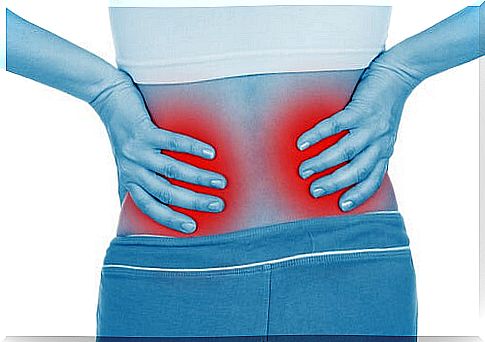
It is quite common that kidney stones are not painful when the stones they form. They can even be transported to the bladder without giving special symptoms. This is how they can block the ureters and prevent the urine from leaving the kidney.
The disease has a number of different symptoms. The main symptoms are internal, sudden and sporadic pain, which ends in the same way. There are two types of pain. The first occurs in the back or abdomen, the second can occur right down in the testicles or groin.
Other symptoms may include:
- Vomiting
- Blood in the urine
- Nausea
- Abnormal color of the urine
- Chills
- Fever
Effects
This disease can result in complications. If they are not treated or are not considered serious, this can lead to even more serious complications. The kidney stone prevents the emptying of urine, and this can lead to damage to the kidney.
Possible complications:
- Urinary tract infection
- Blockage of the ureters
- Kidney damage
- Relapse
- Poor kidney function
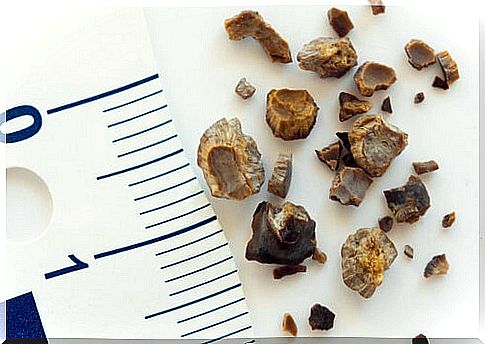
You should know that there are different types of kidney stones. Such knowledge means that you get the right treatment.
- Cystinstein : this can occur in people with cystinuria. An inherited condition that can affect both women and men.
- Calcium stone : this is the most common and it most often affects men between 20 and 30 years. These are formed when calcium is mixed with other substances such as oxalate and / or phosphate. Oxalate is found in vitamin C supplements, among other things. Other diseases can also cause kidney stones.
- Uric acid stones : these are common in both women and men, and can be induced by cytotoxic drugs.
- Infectious stone : this can occur in women with urinary tract infection. The kidney stones can become very large here.
Various medications can also induce kidney stones, such as indinavir, aciclovir and triamterene.
Treatment
A special diet can be the start of a treatment for kidney stones. After the doctors have taken the necessary samples to analyze and determine what type of kidney stones you have, one can start with a diet that helps to reduce or remove the stones. A nutritionist can give you a new meal plan, although it is likely that most diets will alter your intake of potassium, salt, fluid, protein, oxalate and calcium.
One way to avoid kidney stones, or help get rid of them, is to drink between six and eight glasses of water every day. The pain can, unfortunately, be quite extreme, and requires a lot of painkillers. If the pain becomes unbearable, the patient is hospitalized and given fluid intravenously.
Along with this, the treatment depends on the type of kidney stone you have and the symptoms you are experiencing. Small stones often disappear by themselves. If they leave the body, you should save on urine so that a doctor can analyze the stones. This will prevent you from getting them again later.
Depending on the type of kidney stone, there are medications your doctor may give you to prevent the formation of more or to stimulate the dissolution of the stones.
Below are some of the medications that can be used:
- Diuretics (Thiazide diuretics)
- Diuretics
- Antibiotics that are effective against infectious stones
- Sodium citrates and sodium bicarbonate
- Allopurinol in the treatment of uric acid stones
- Phosphate solutions
Surgery is necessary if the following conditions are present:
- The stones must be large enough so that they do not come out by themselves
- The stones must block the flow of urine and at the same time cause kidney pain and infections
- The stones are growing
- The pain is extreme and unbearable
So there is no need to worry too much about the treatment. It has developed a lot and many of the kidney stones do not give as many symptoms, or the symptoms are not very severe.
- Percutaneous nephrolithiotomy : used for large stones located in or very close to the kidney. A narrow tube is inserted into the kidney via a small incision in the skin.
- Ureteroscopy : long thin tube is inserted into the urethra.
- Shock wave therapy : shock waves are used to crush the rocks. When they are dissolved into smaller pieces, they disappear with the urine.
In addition, one can perform an open operation. However, this happens in very rare cases and only if the other methods cannot be used or they do not work.
Advice to prevent kidney stones
You can prevent kidney stones by changing your diet. If you already have kidney stones, you can take precautions to avoid complications and prevent them from returning.
- Kidney stones can be hereditary. If you have had kidney stones before, it is recommended that you get enough fluids every day. As mentioned earlier, you should drink between six and eight glasses of water a day so that your body produces enough urine.
- In addition to fluid intake, you must also remember that some fluids have a dehydrating effect and one should therefore not drink as much of them. One should minimize the intake of beverages that contain caffeine and alcohol.
- You must always be aware of the type of kidney stones you have so that you can take the right medication. Some medications reduce the presence of the substances that produce kidney stones, while others help prevent it from forming in the urine.
- You can make changes in your diet, refrain from eating foods that can cause kidney stones. It is therefore recommended that one does not eat dairy products such as cheese and milk.
- If you have calcium stones, you should not drink soda, eat peanuts or chocolate.
- If you have cystine stones, you should reduce your fish intake.
- People suffering from uric acid stones should stay away from red meat, anchovies and chicken.
